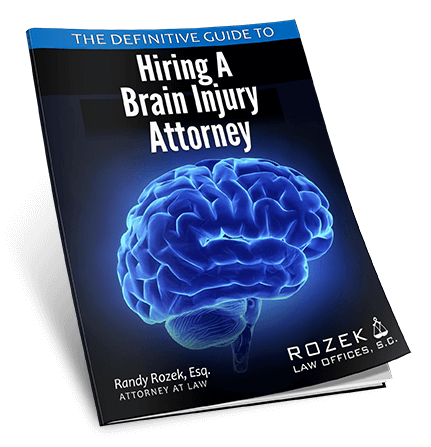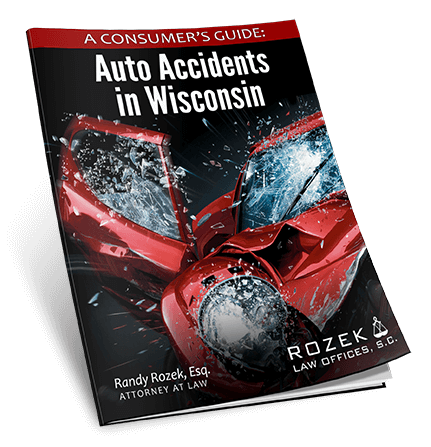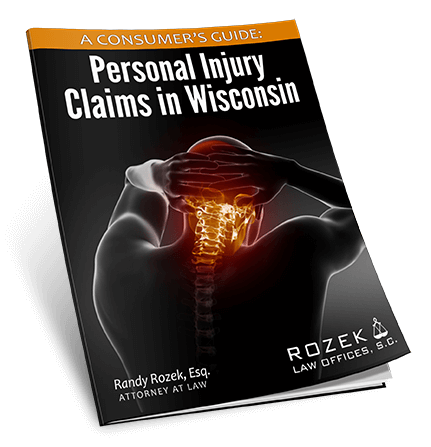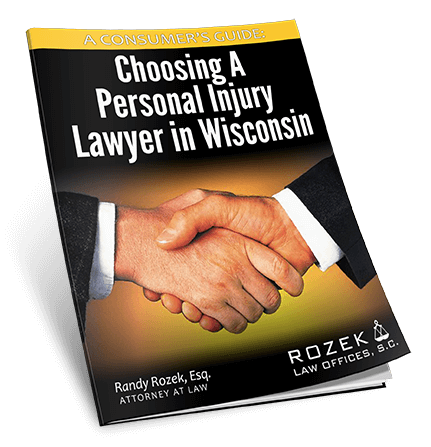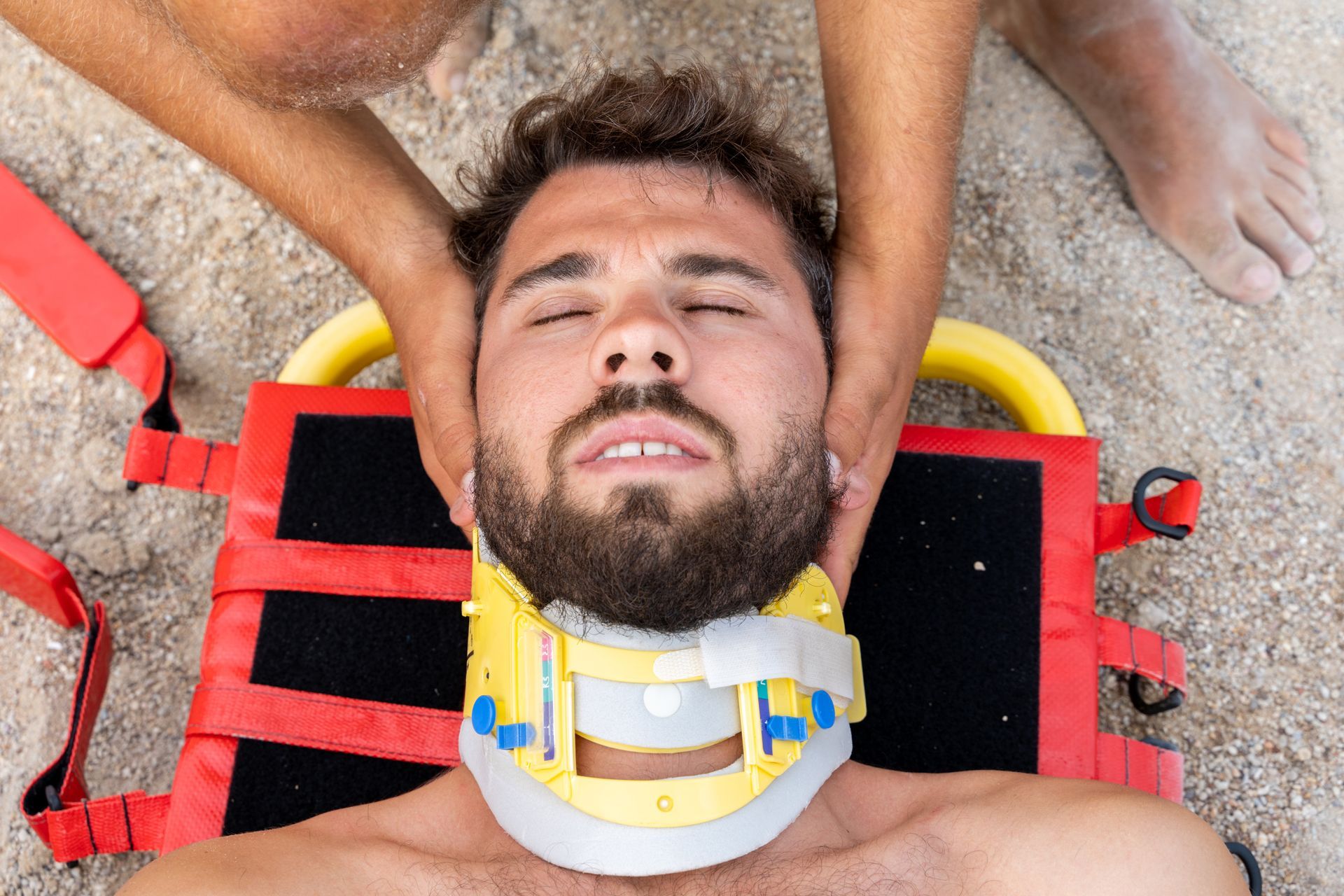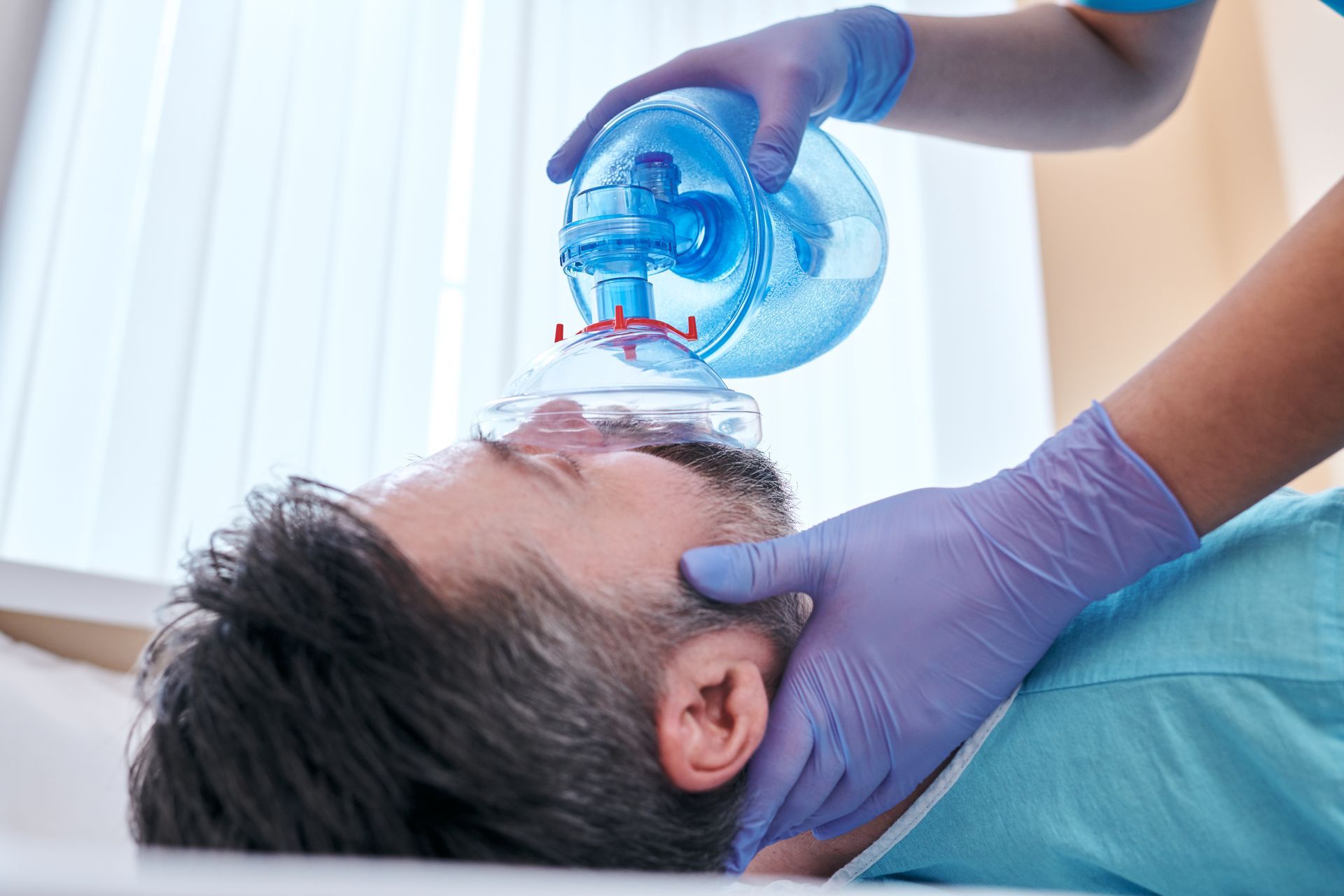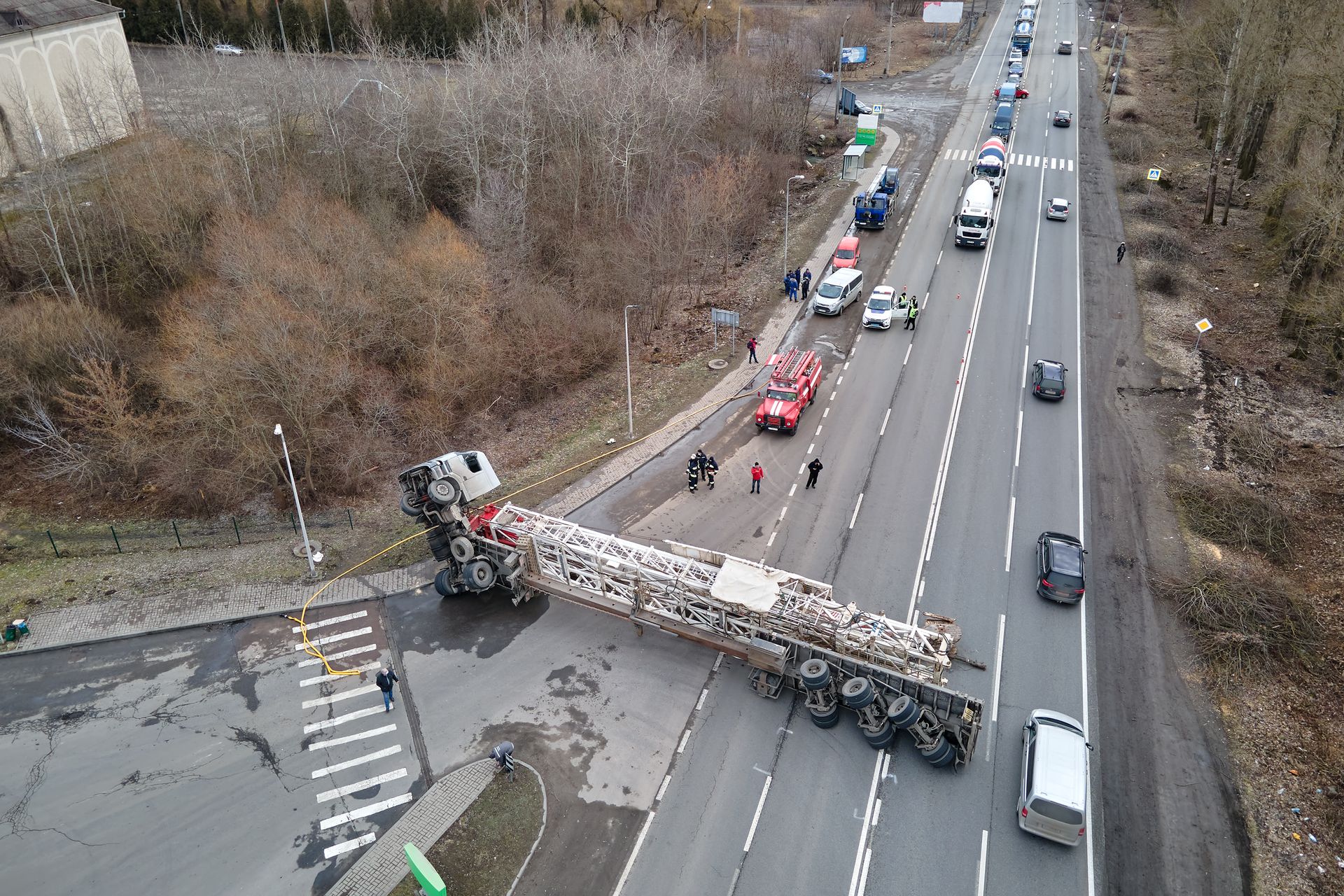Product Liability Lawyer in Wisconsin

Wisconsin Product Liability Attorney
Dangerous products in Wisconsin represent a significant threat to the health and safety of adults and children. Personal injuries due to dangerous products is known as Product Liability Law. In general, product liability means the responsibility of the manufacturer or seller of a product for injuries due to the use of the product.
All manufacturers are required to make products that are not unreasonably dangerous. They also must warn buyers about dangers associated with the use of their products. If they fail to do either, and their product causes injury, then they may be liable for the injury.Wisconsin product liability cases take many forms, for example:
- Automobile Defect Cases
- Crashworthiness
- Roof Crush
- Air Bag Defect
- Seatback Collapse
- Tire Tread Separation
- Fires
- Window Defect
- Seatbelt or Restraint System Defect
- Rollovers – especially SUVs
- Child Seats
- Food Poisoning
- Machinery
- Prescription Drug Recalls
- Tools
- Toys
When choosing a lawyer, it is critical that you hire an experienced Wisconsin Product Liability Lawyer. You should be comfortable with your lawyer’s experience handling Wisconsin Product Liability Personal Injury Cases. in which you have been involved. Contact an Experienced Wisconsin Product Liability Lawyer.
Wisconsin Product Liability Law
Unlike most types of personal injury cases, in Wisconsin product liability cases the injured party usually does not have to show that the manufacturer or seller of the dangerous product was negligent. In most situations, there is strict liability for manufacturers and sellers in Wisconsin. Also unique to product liability law is that the manufacturer, distributor and seller can all be held responsible for the injuries from a defective product.There are three categories of Wisconsin Product Liability cases:
- Breach of Warranty
- Common Law Negligence
- Strict Liability in Tort
Breach of Warranty
Wisconsin product liability claims for breach of warranty involve some type of warranty made by the manufacturer or seller that was violated and caused injuries to the buyer (or guests or family members of the buyer). There are two special circumstances involved in breach of warranty product liability claims in Wisconsin; one, the defendant must be given notice of their breach of warranty within a “reasonable” amount of time; and two, sellers can provide buyers with disclaimers, essentially informing buyers of the defective condition, in which case the buyer cannot pursue their claim.
Common Law Negligence
Wisconsin manufacturers and suppliers of products must use ordinary care to not create an unreasonable risk of injury to the user or owner, when the product is used in its intended or forseeable manner. The manufacturer must use ordinary care in the following aspects:
- Safe Design
- Safe Construction
- Appropriate Inspections and Tests to Determine Defects
- Appropriate Instructions on Proper Use
- Adequate Warnings of Danger
Under Wisconsin Common Law Negligence Product Liability cases, buyers must also use ordinary care in the following regards:
- Using ordinary care to discover defects in the product
- Not unreasonably using the product after discovering the defect
- Not using the product in a way that the manufacturer could not have reasonably predicted
Strict Liability
Under Wisconsin product liability law, strict liability applies to the manufacturer, distributor, wholesaler and retailer. Strict liablity requires the injured party to prove the following:
- The product’s defect was unreasonably dangerous
- The product was defective when it left the seller
- The defect caused the injuries of the person bringing the claim
- The seller was in the business of selling such products
- The product was one the seller expected the buyer to use without much of a change
Under Wisconsin Strict Liability Product Liability cases, buyers must also use ordinary care in the following regards:
- Not using the product other than for its intended purpose
- Not significantly alter the product
- Not using the product where its intended use is coupled with inherent danger
Note: These requirements that buyers avoid certain actions are not usually an automatic bar to recovery. Instead, the at-fault party can introduce these actions into evidence in an attempt to reduce the injured person’s damages.


